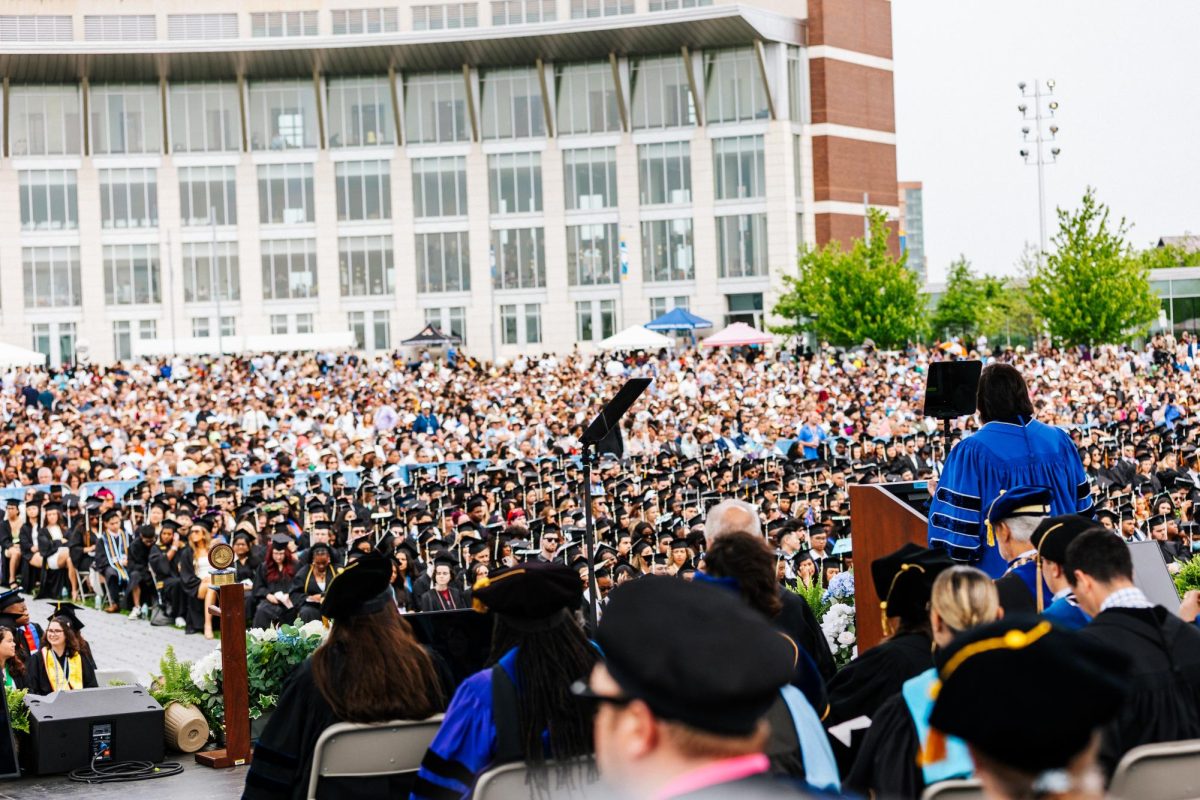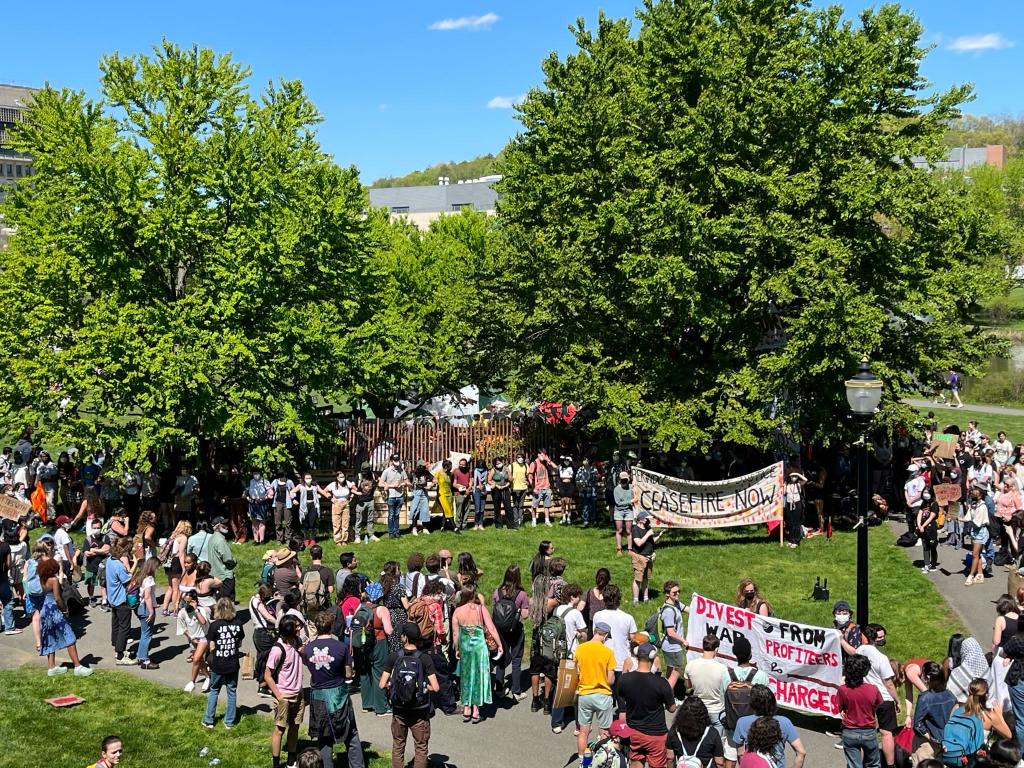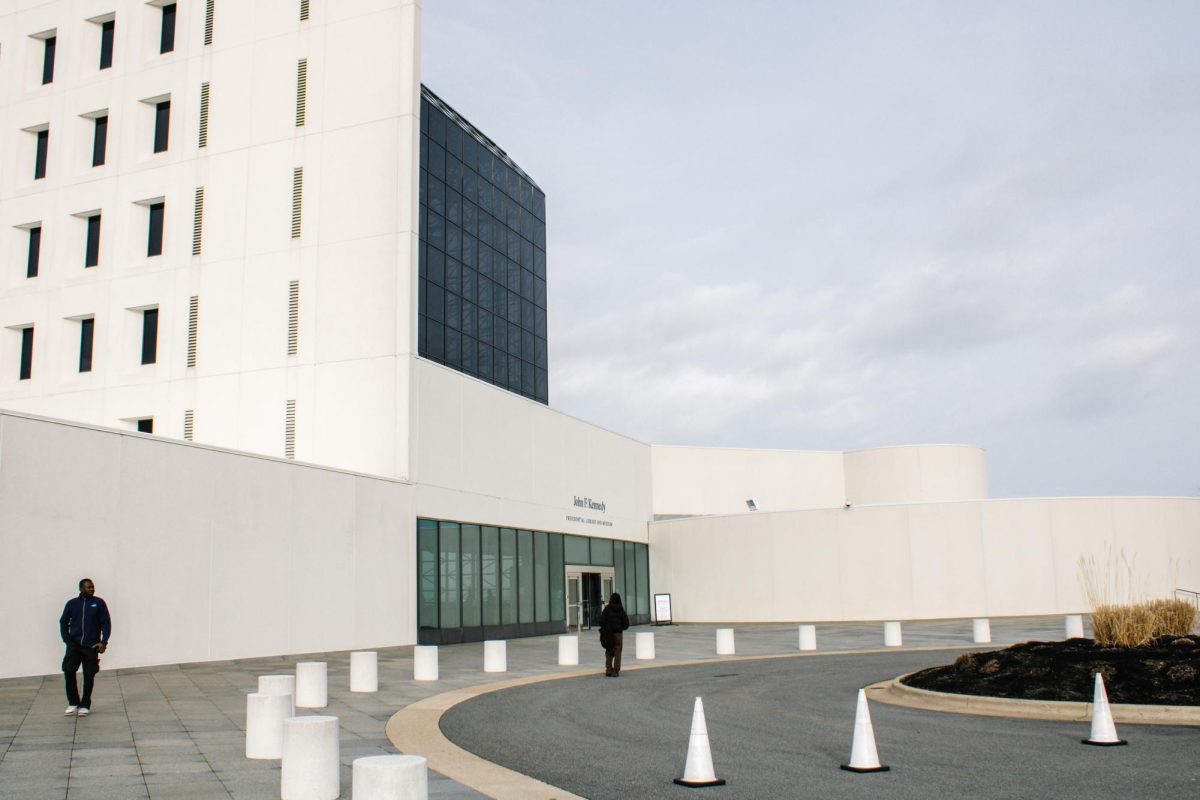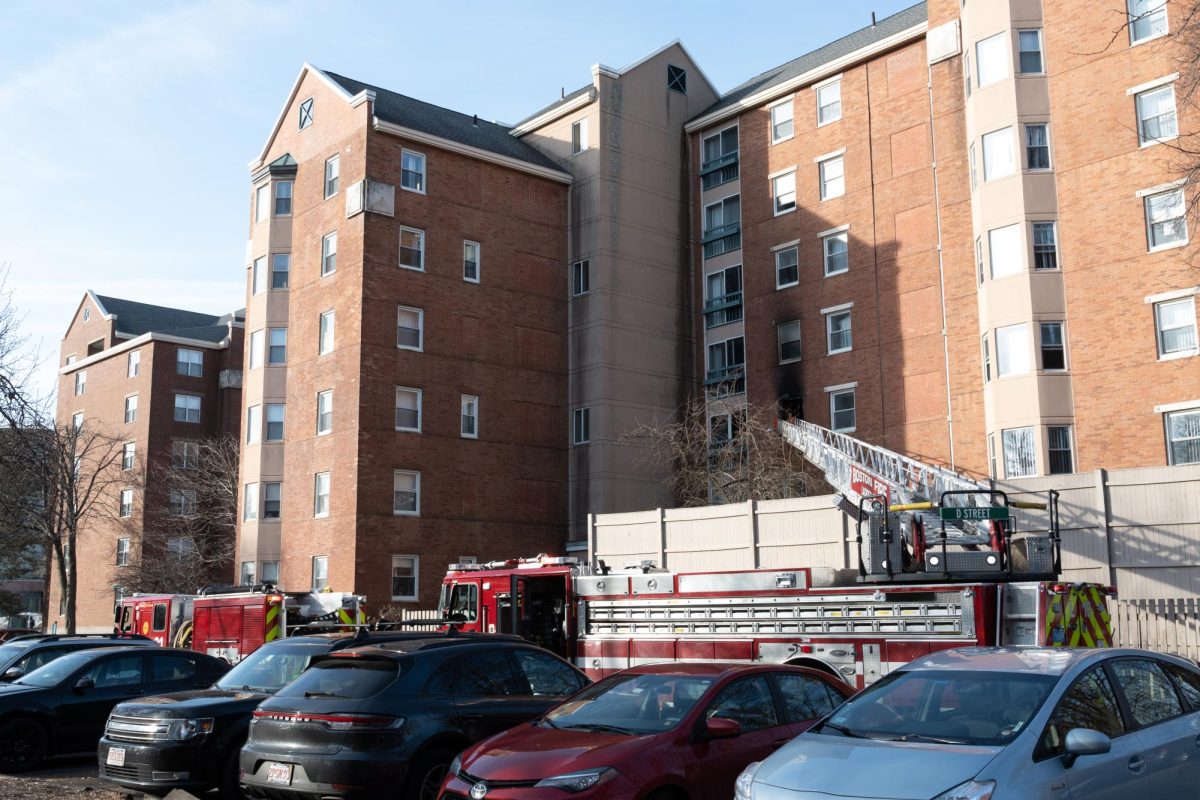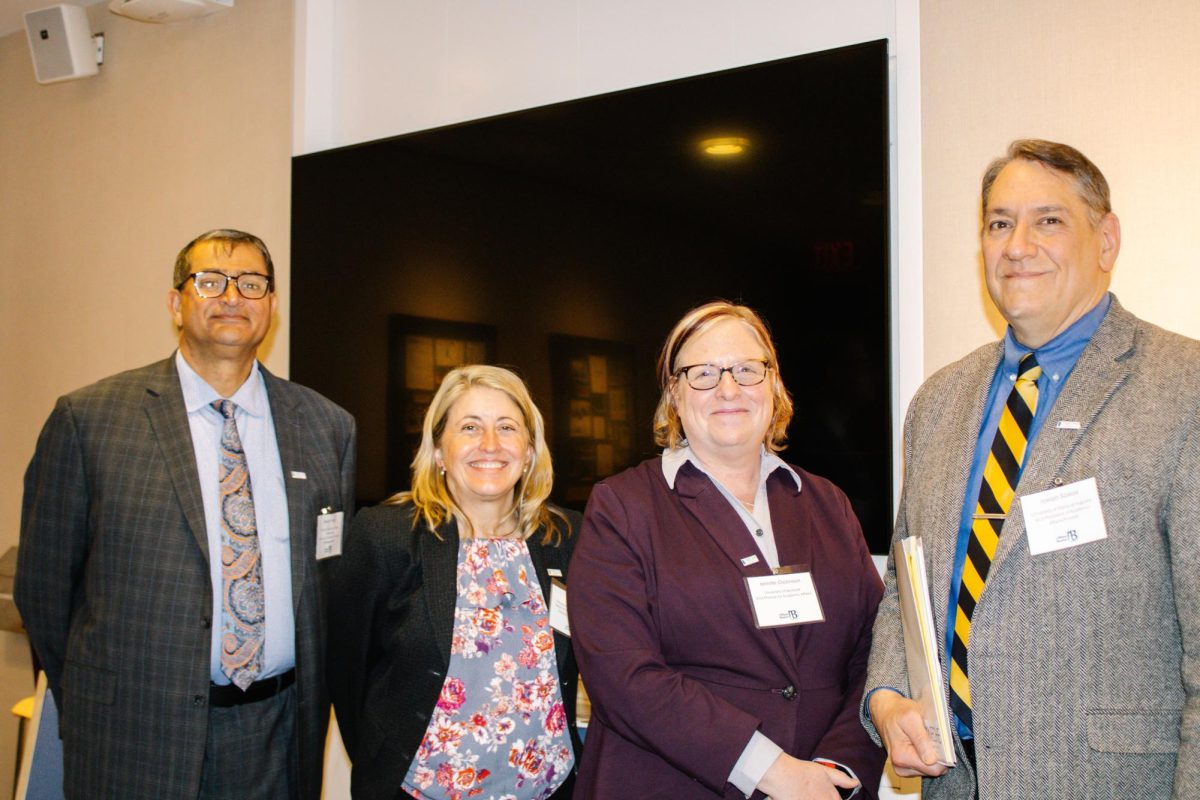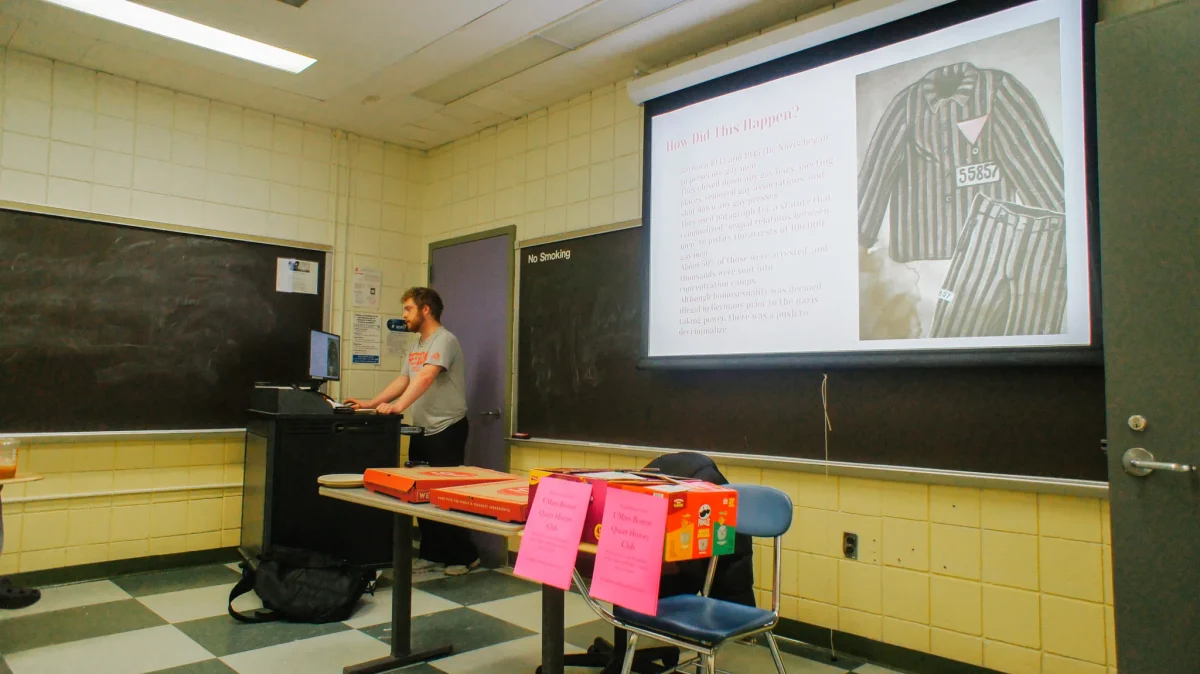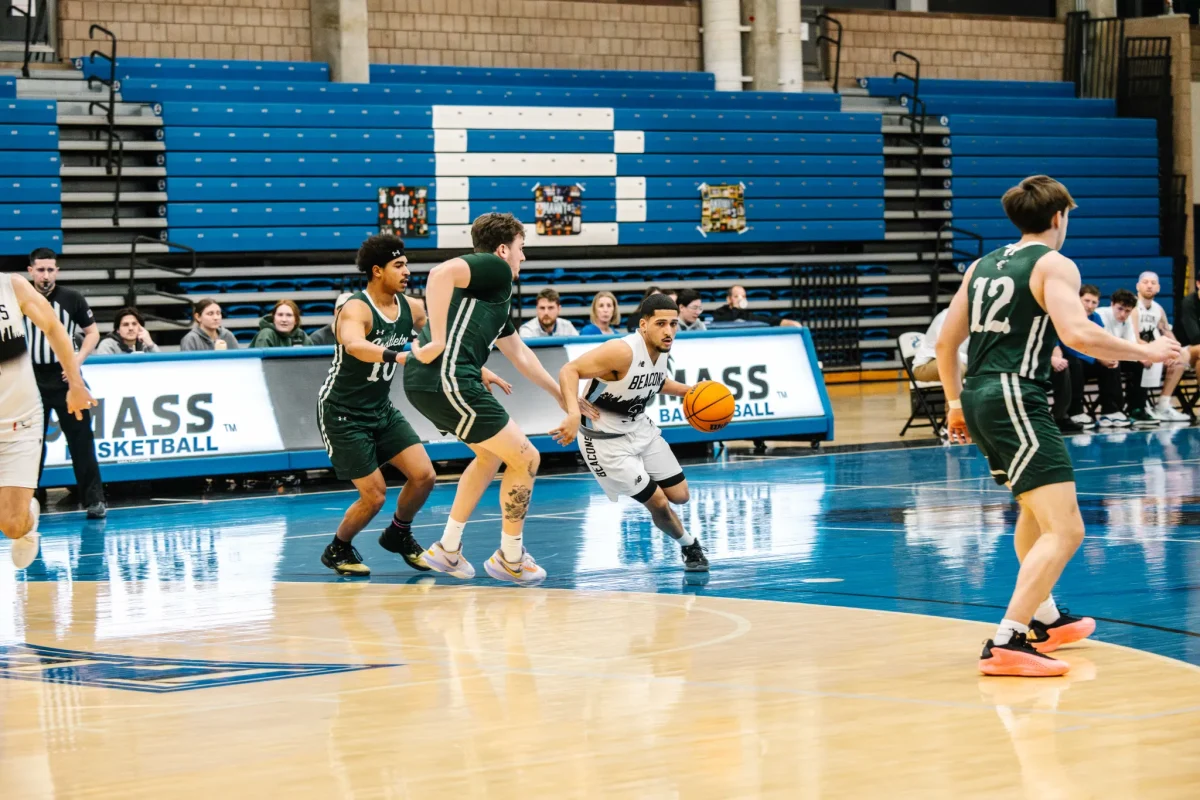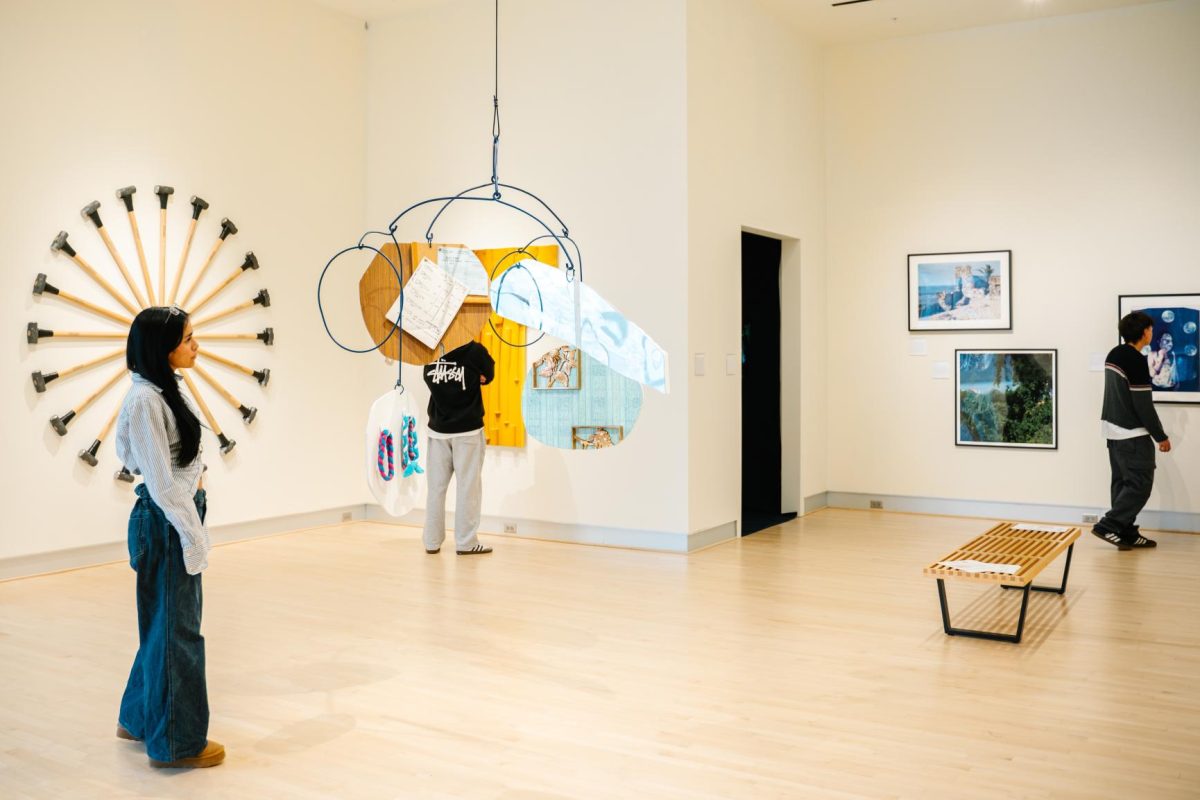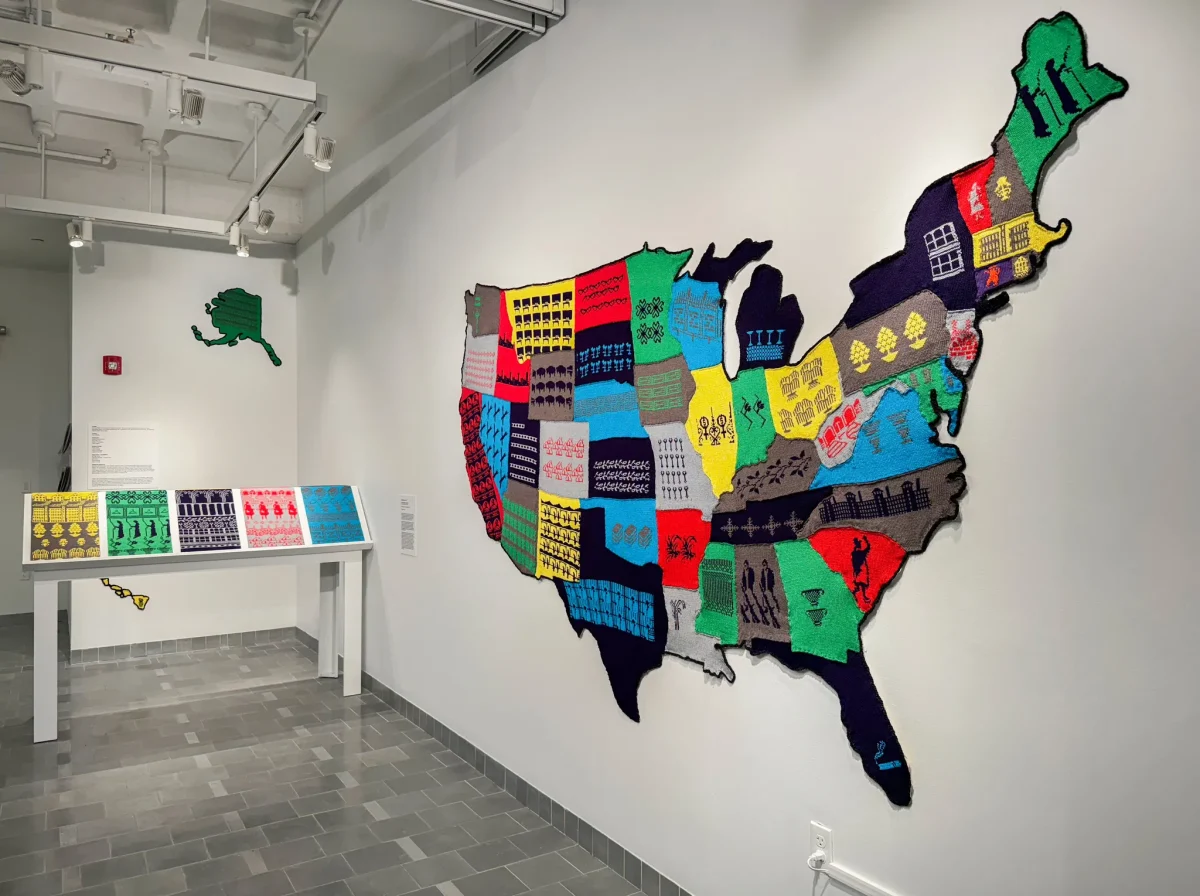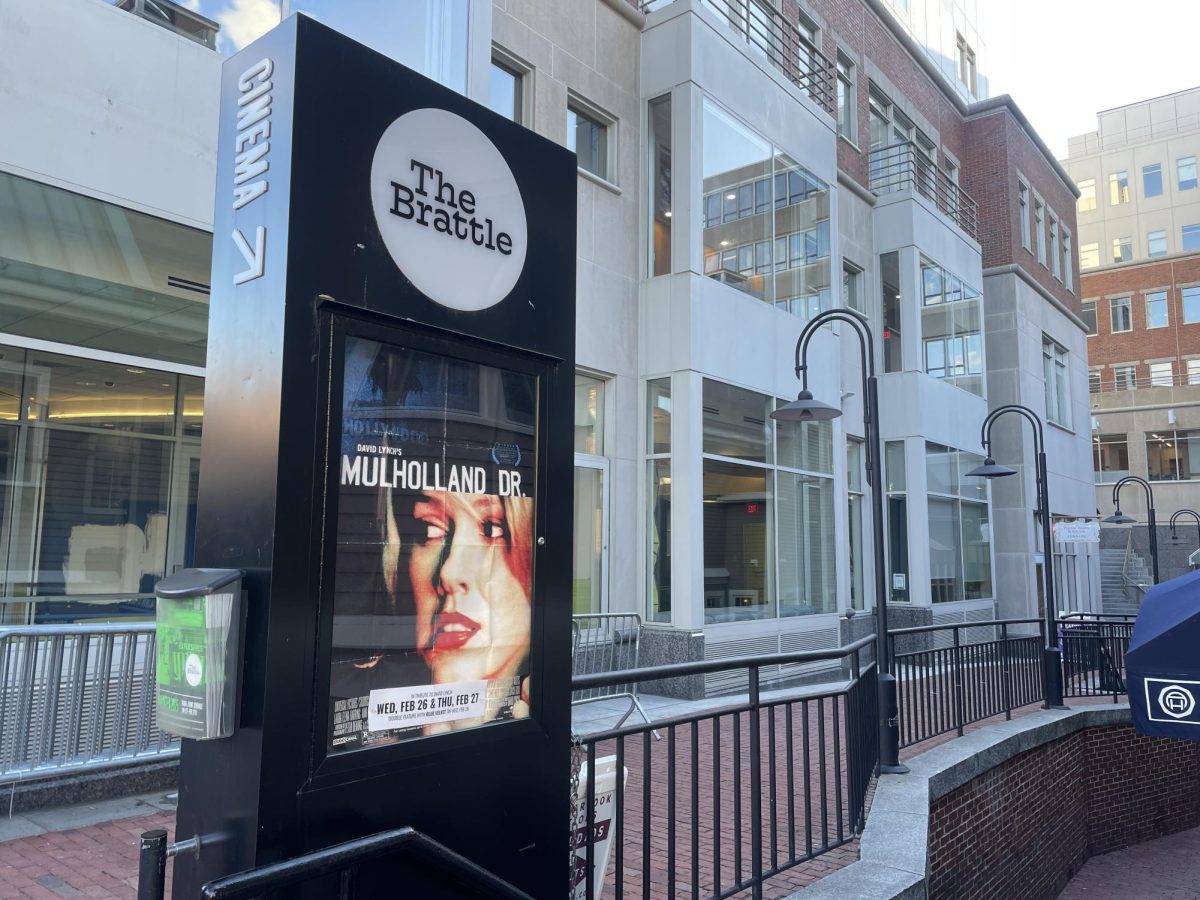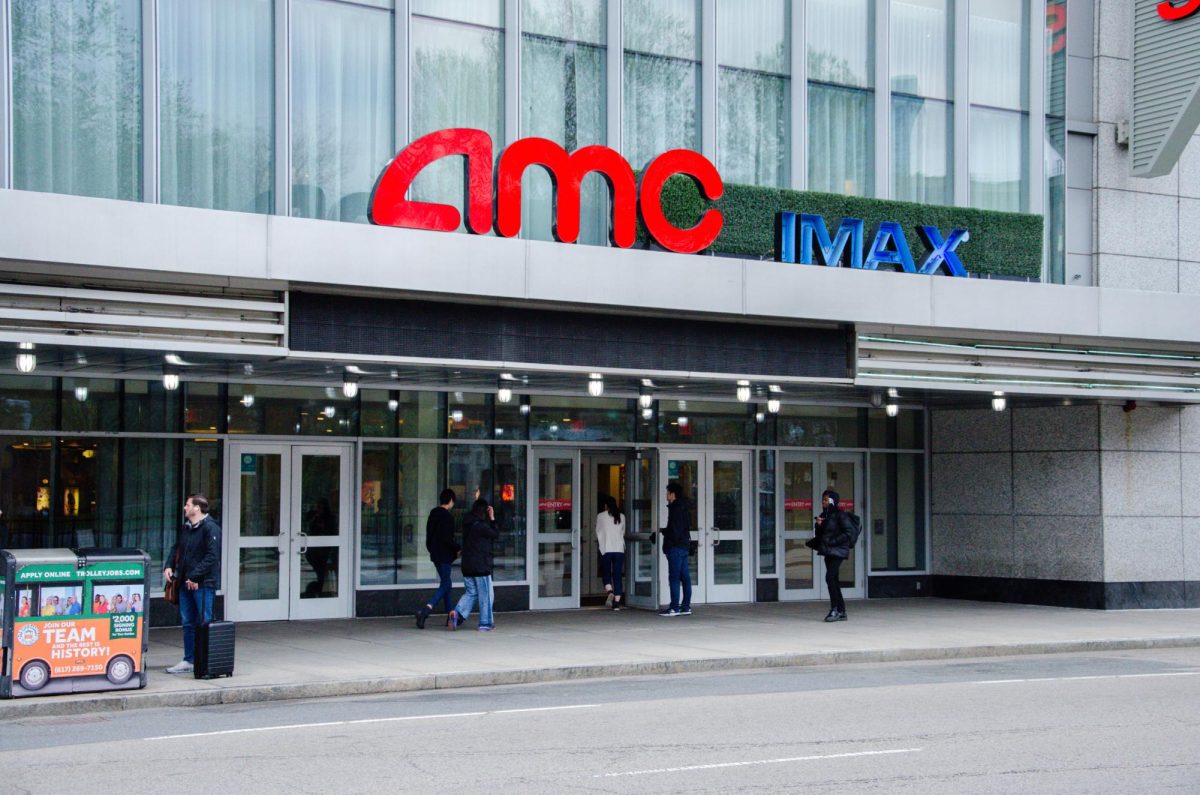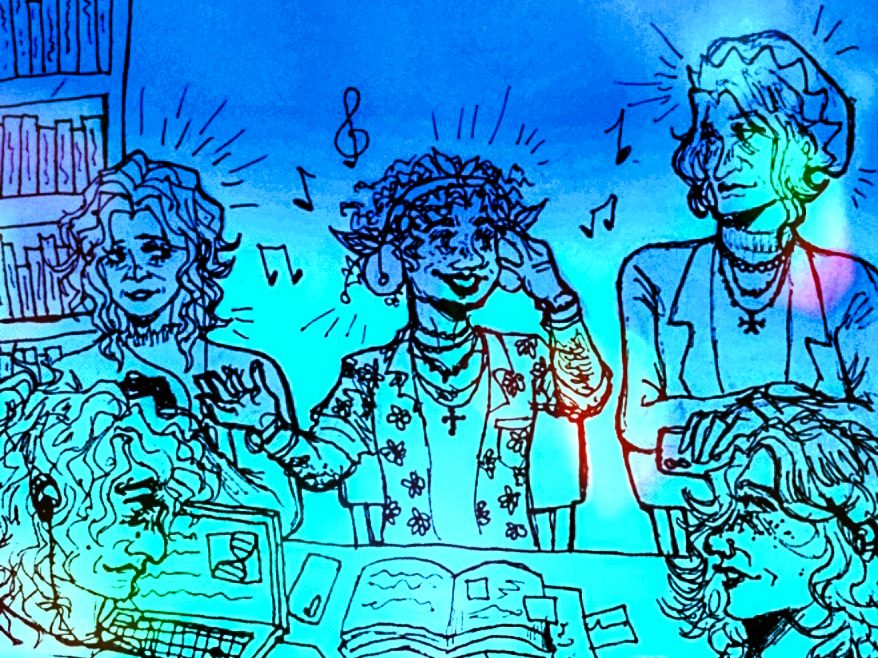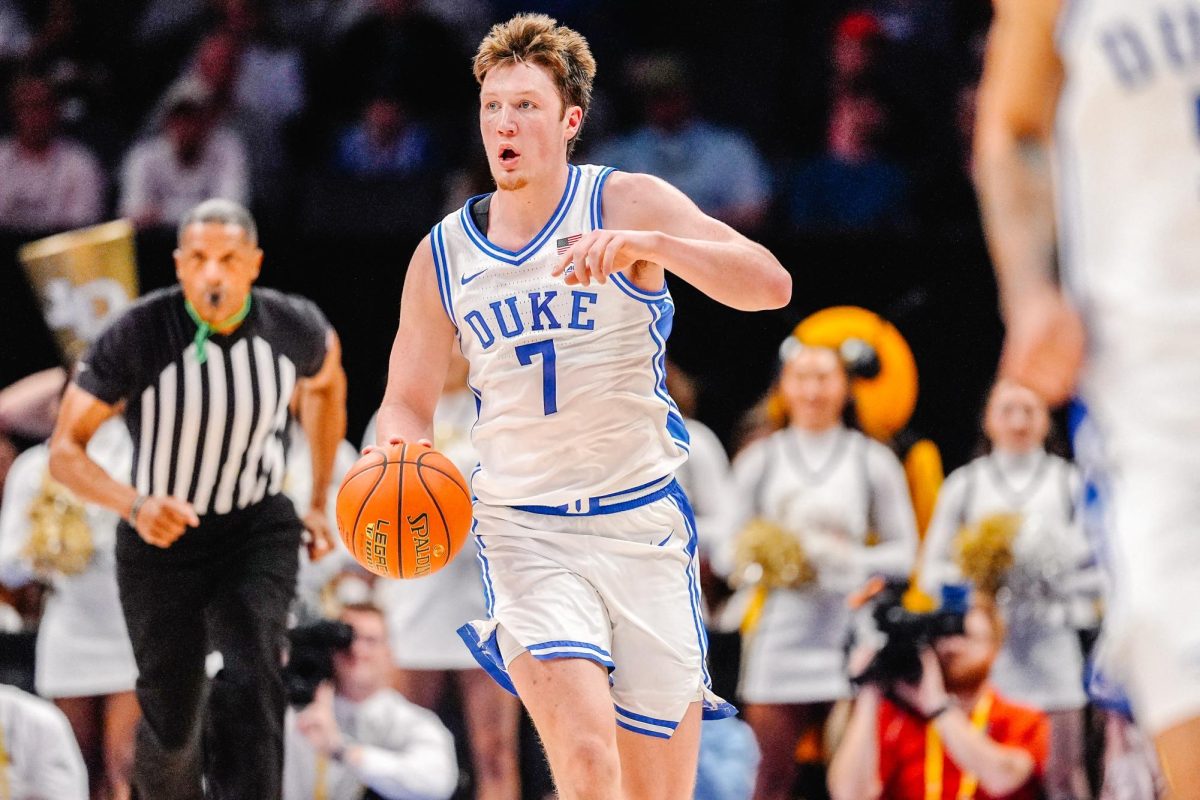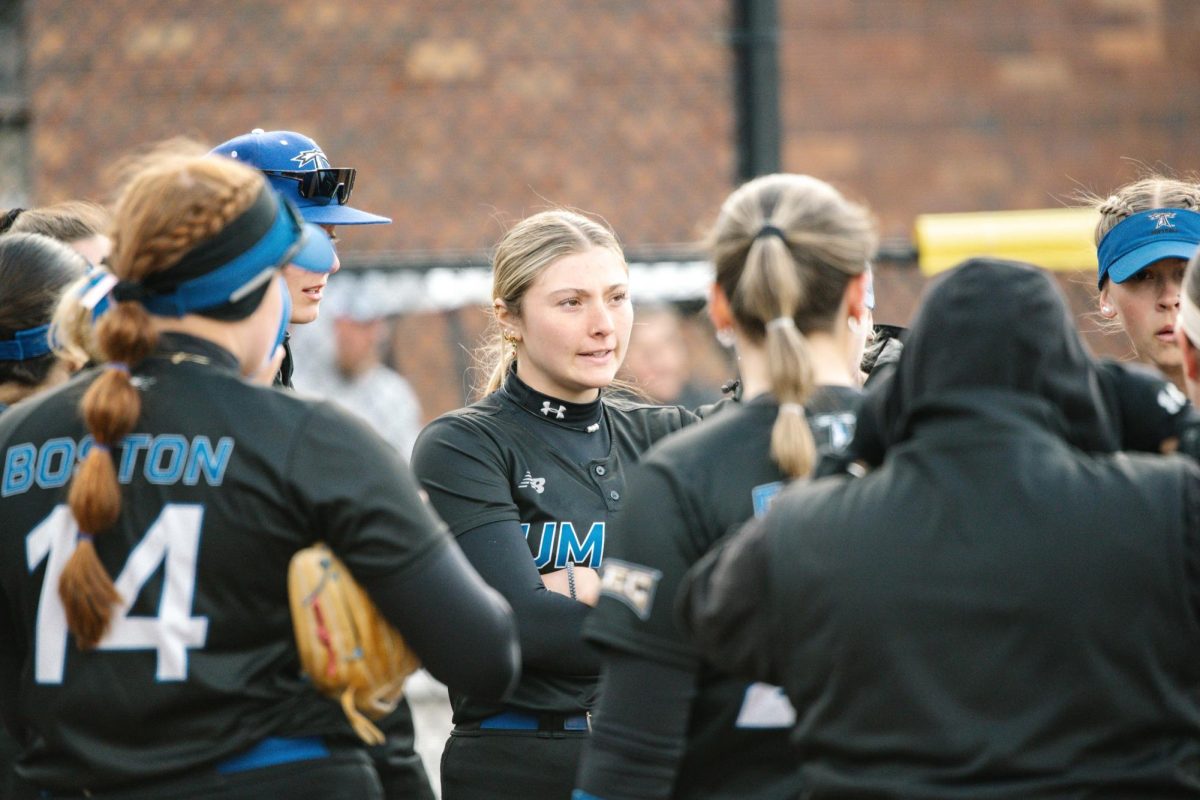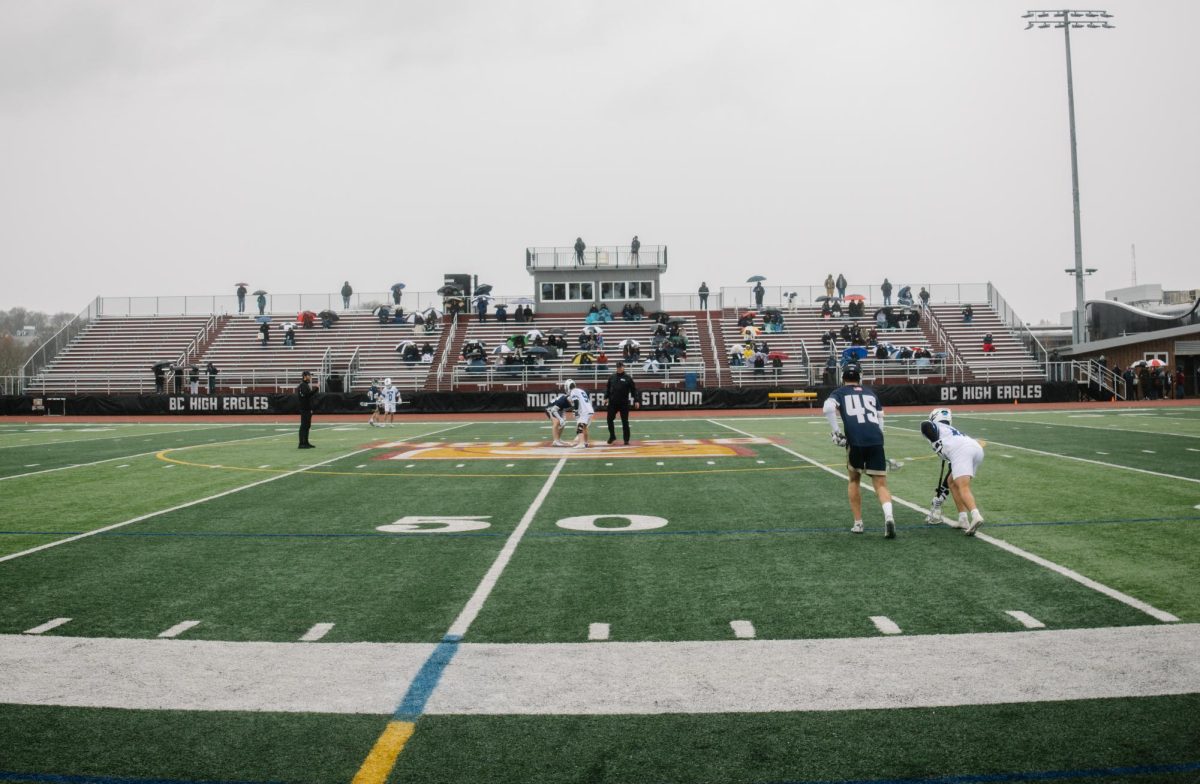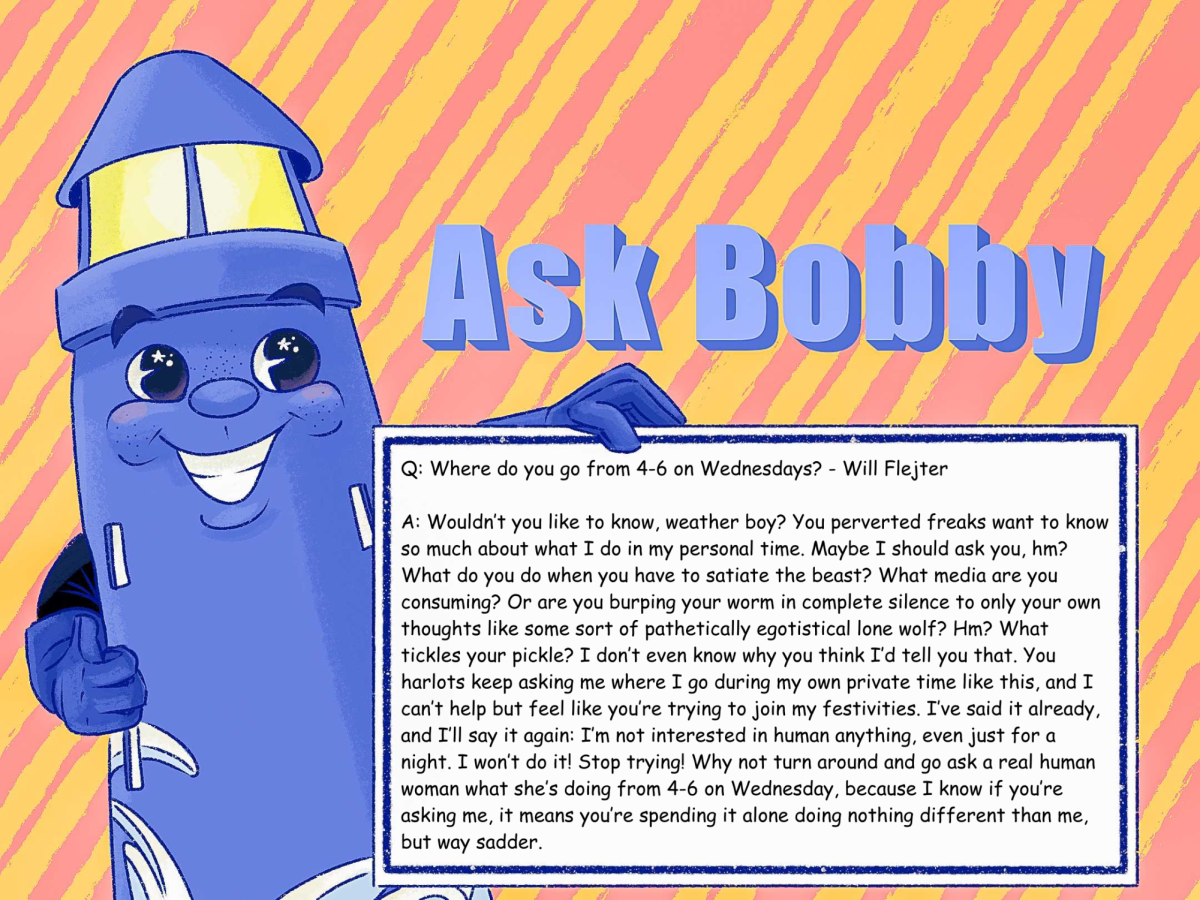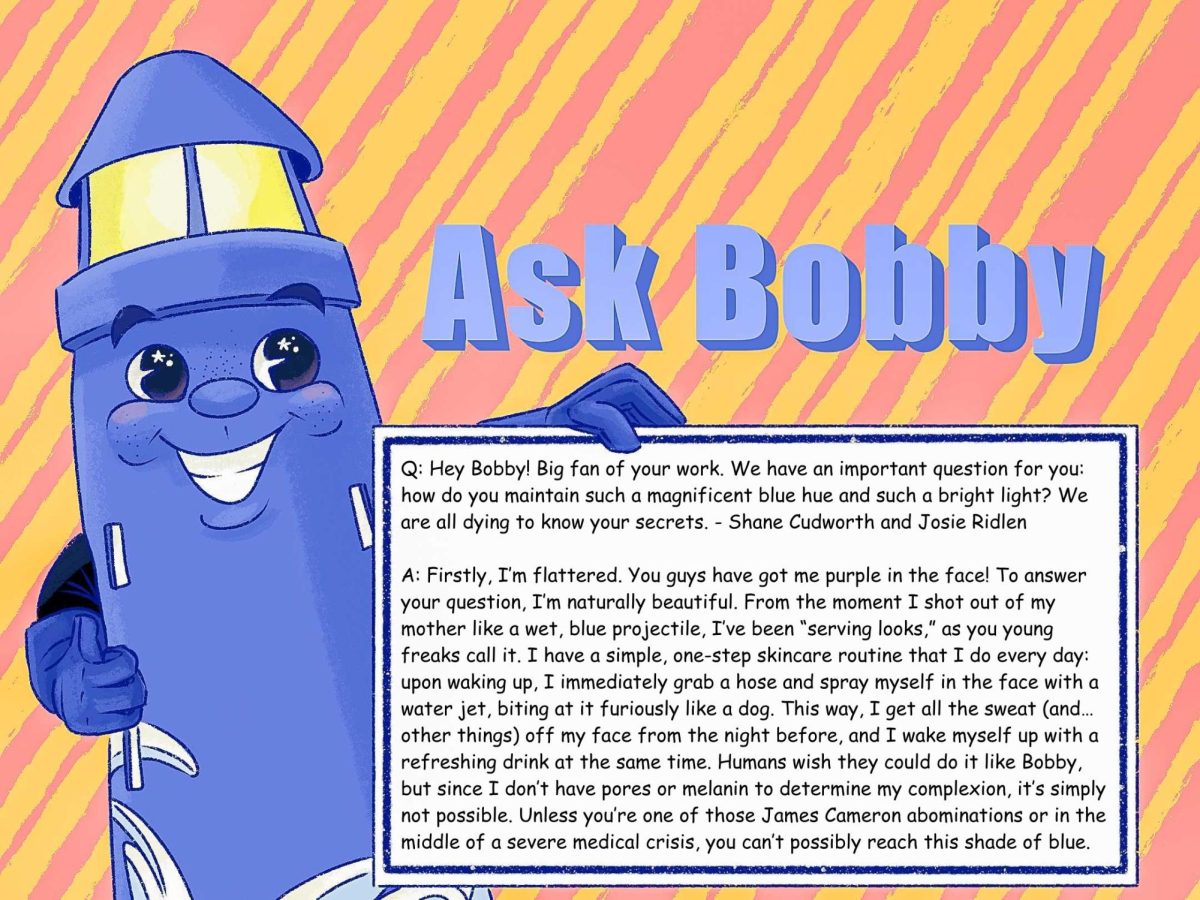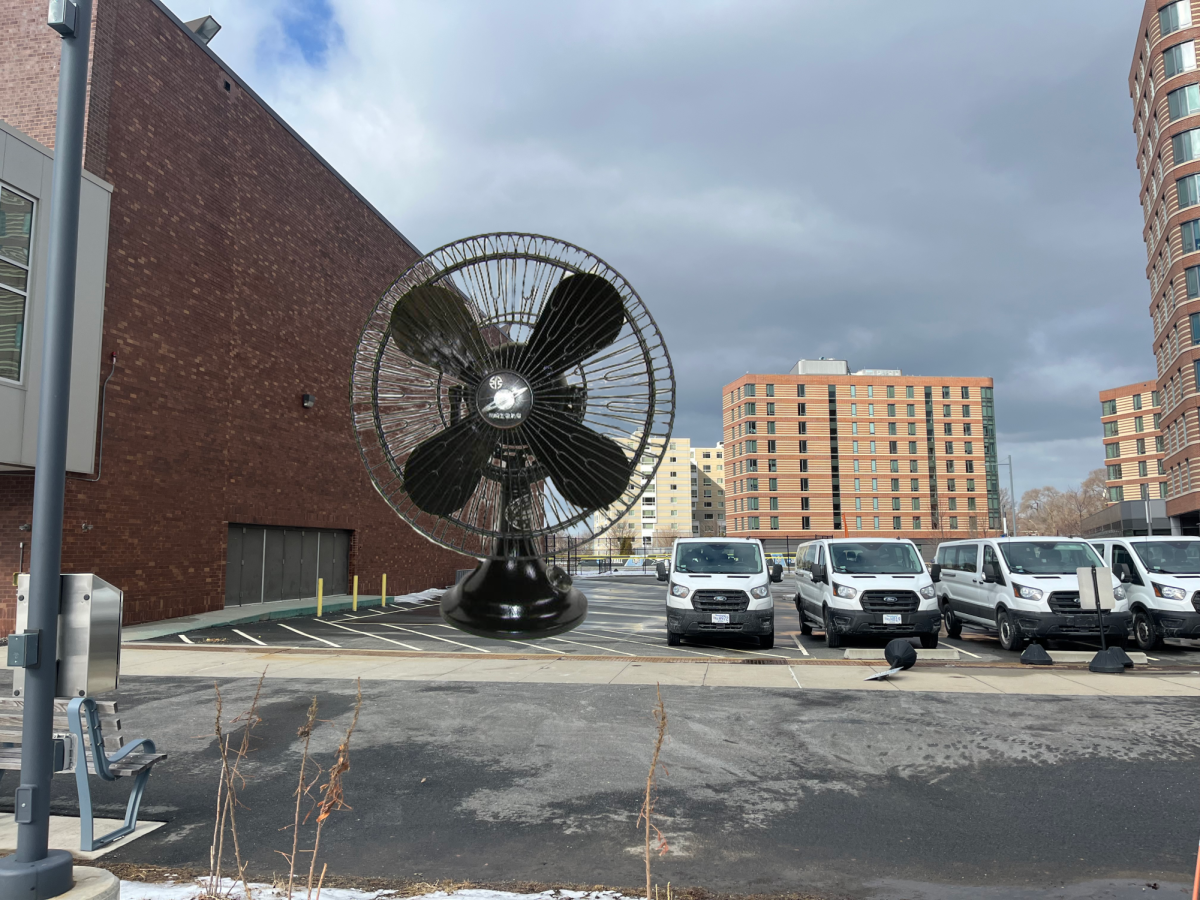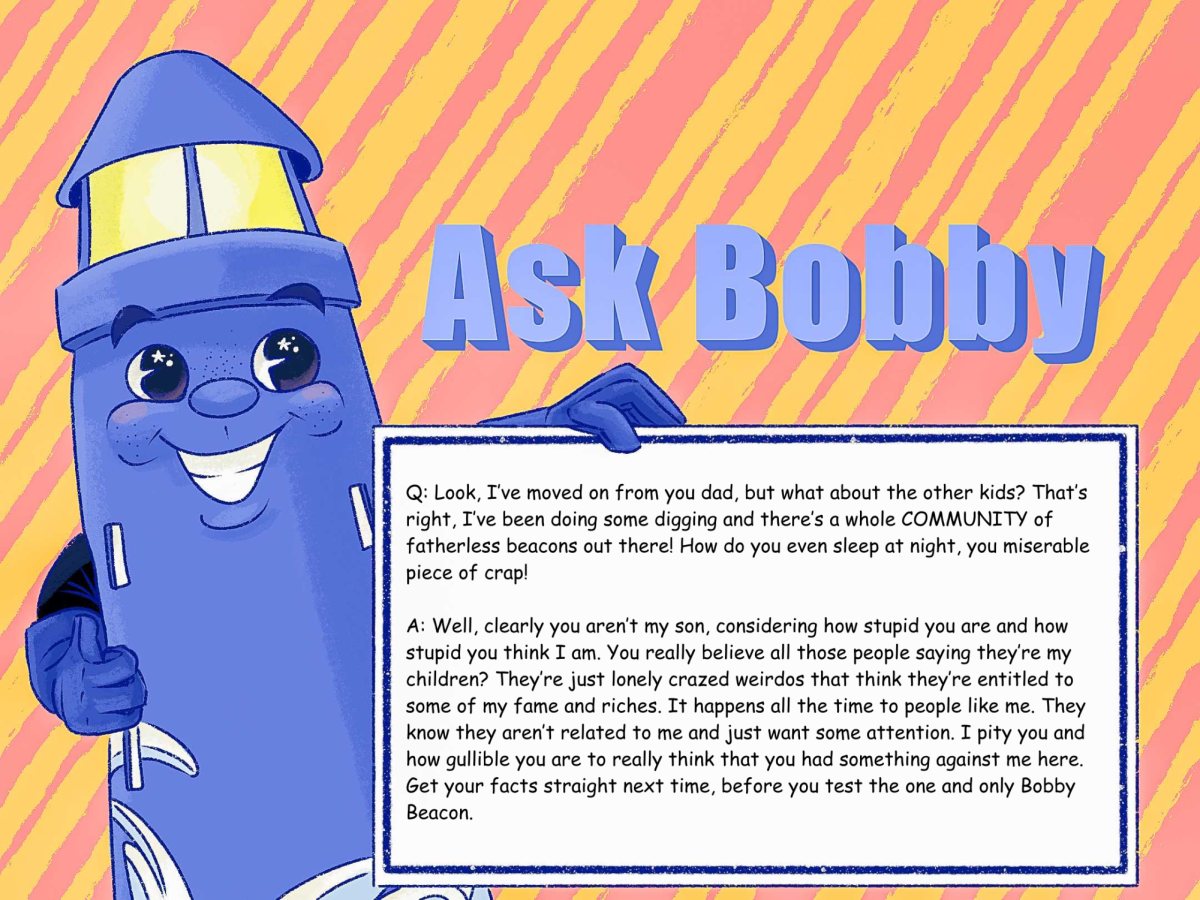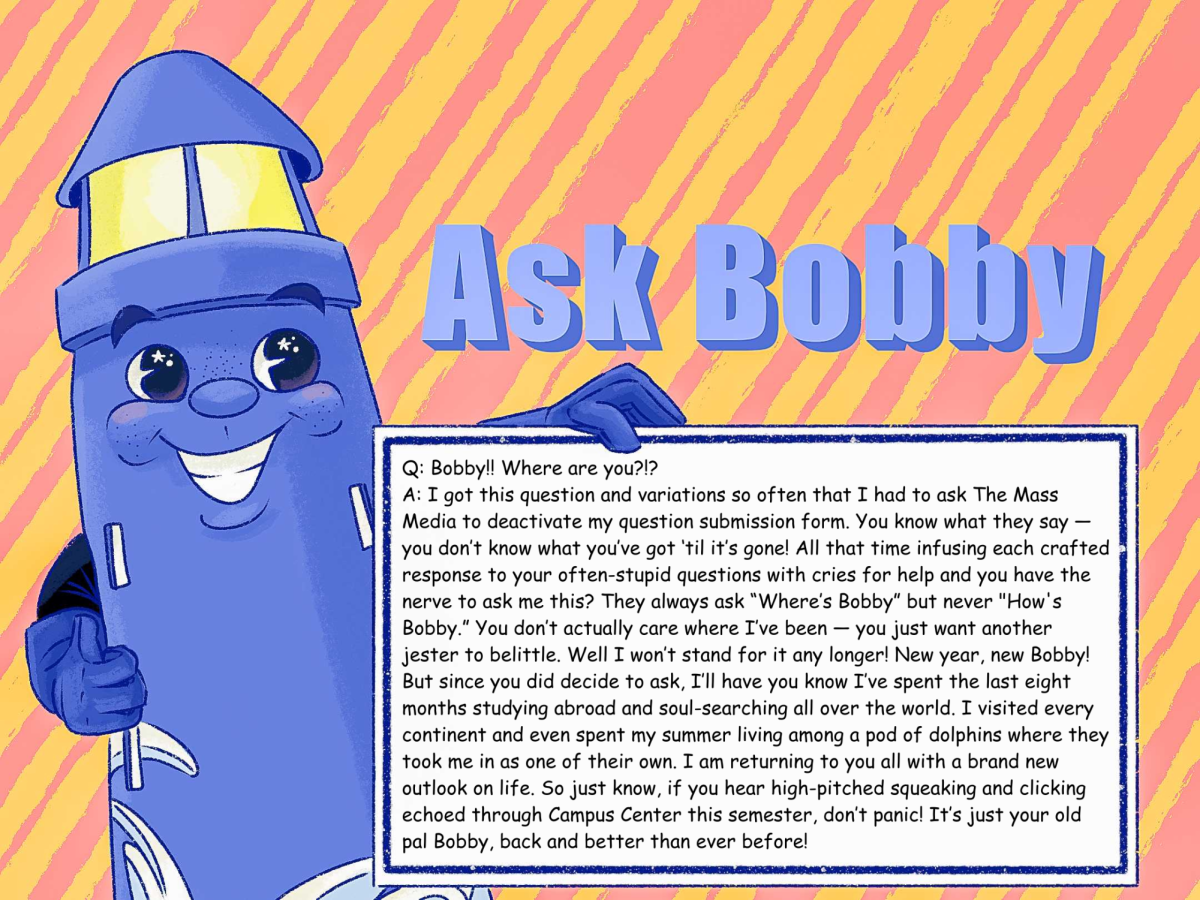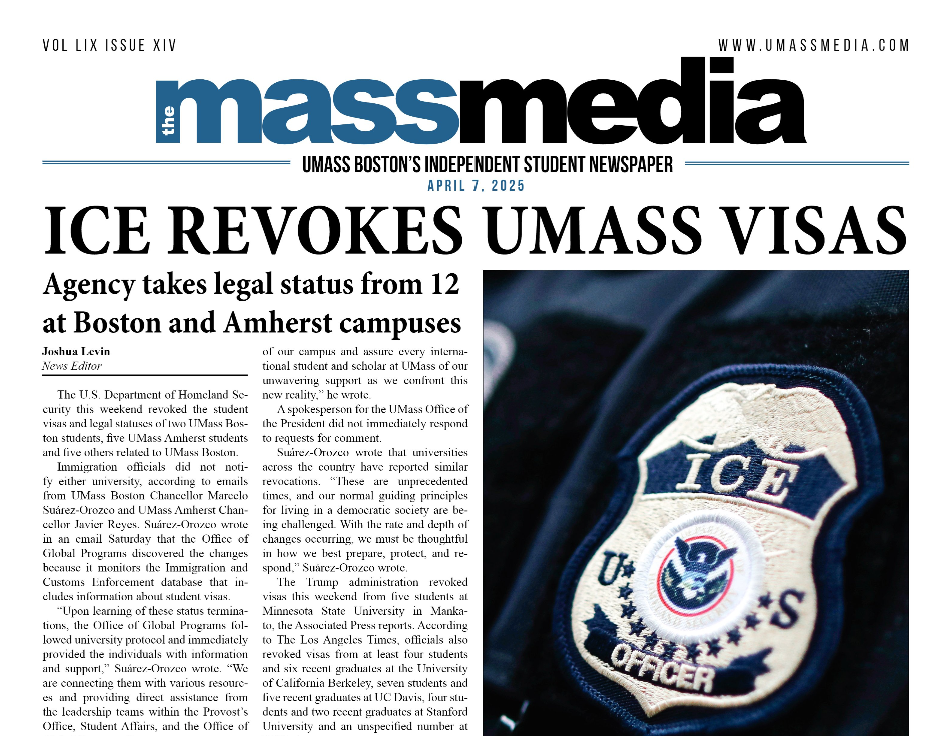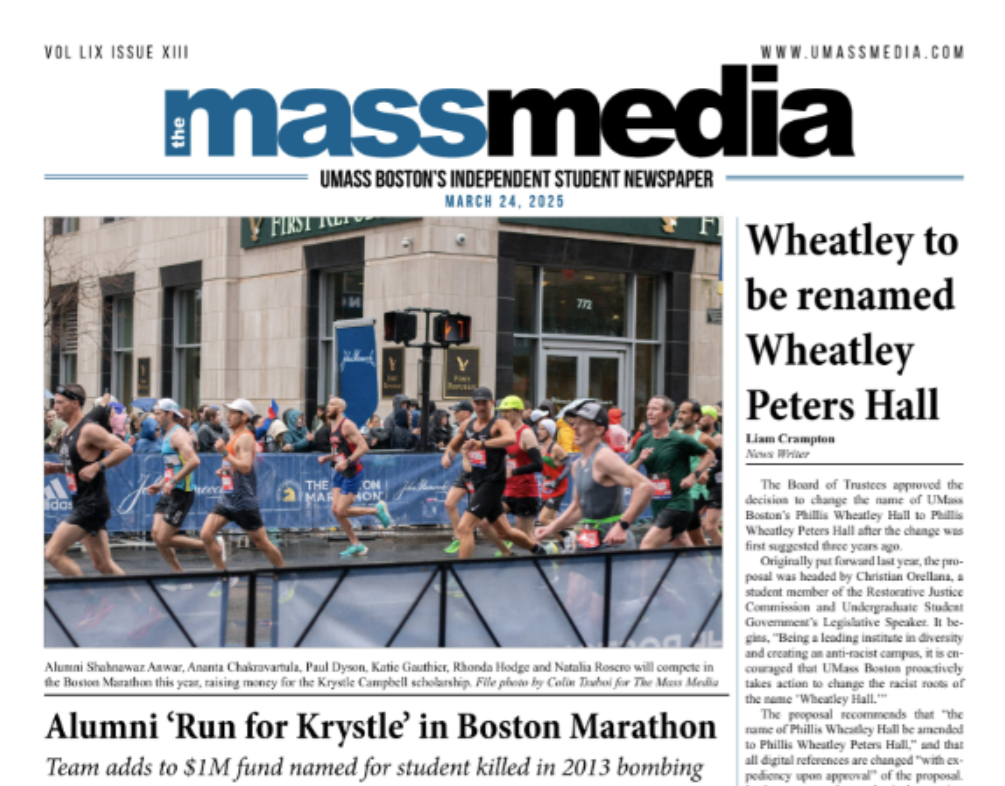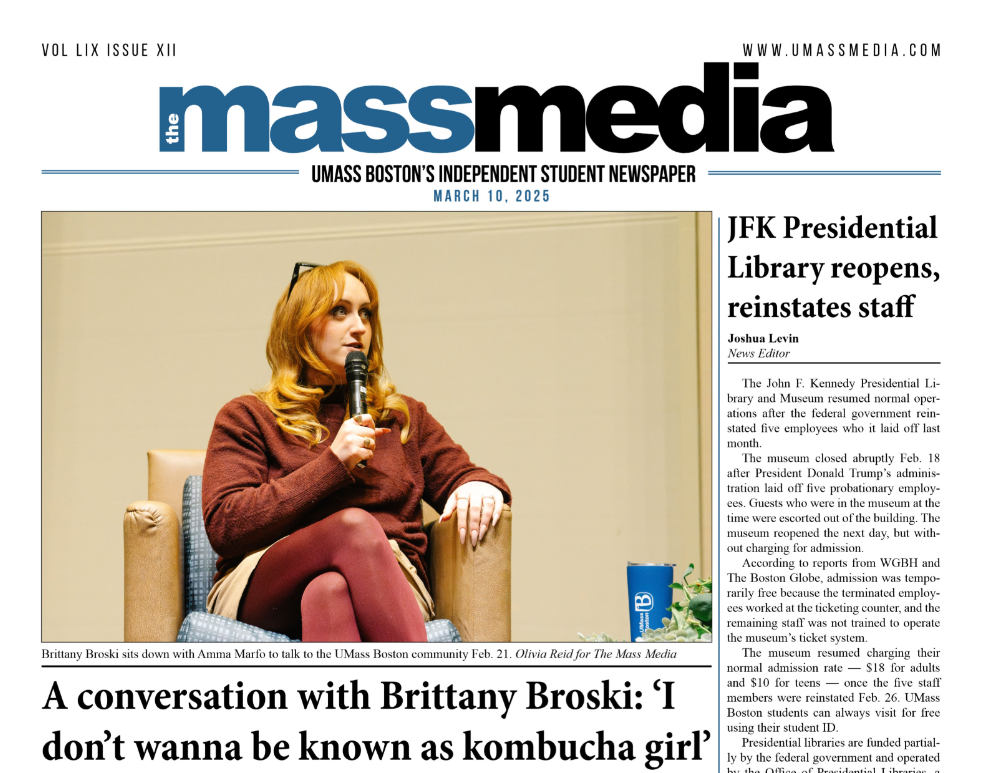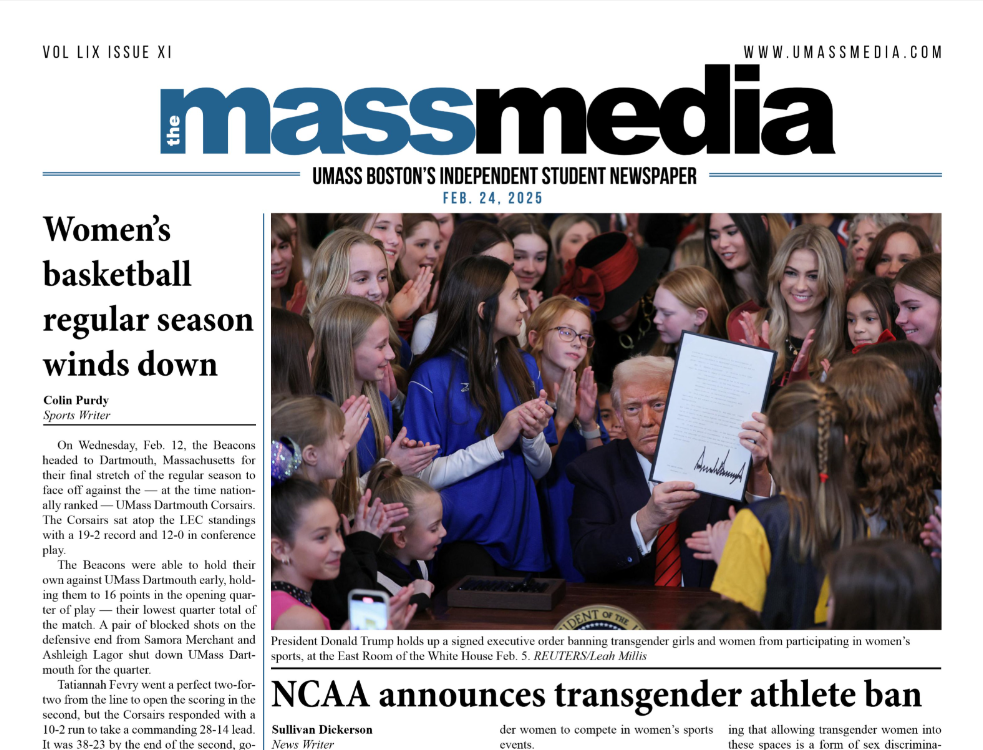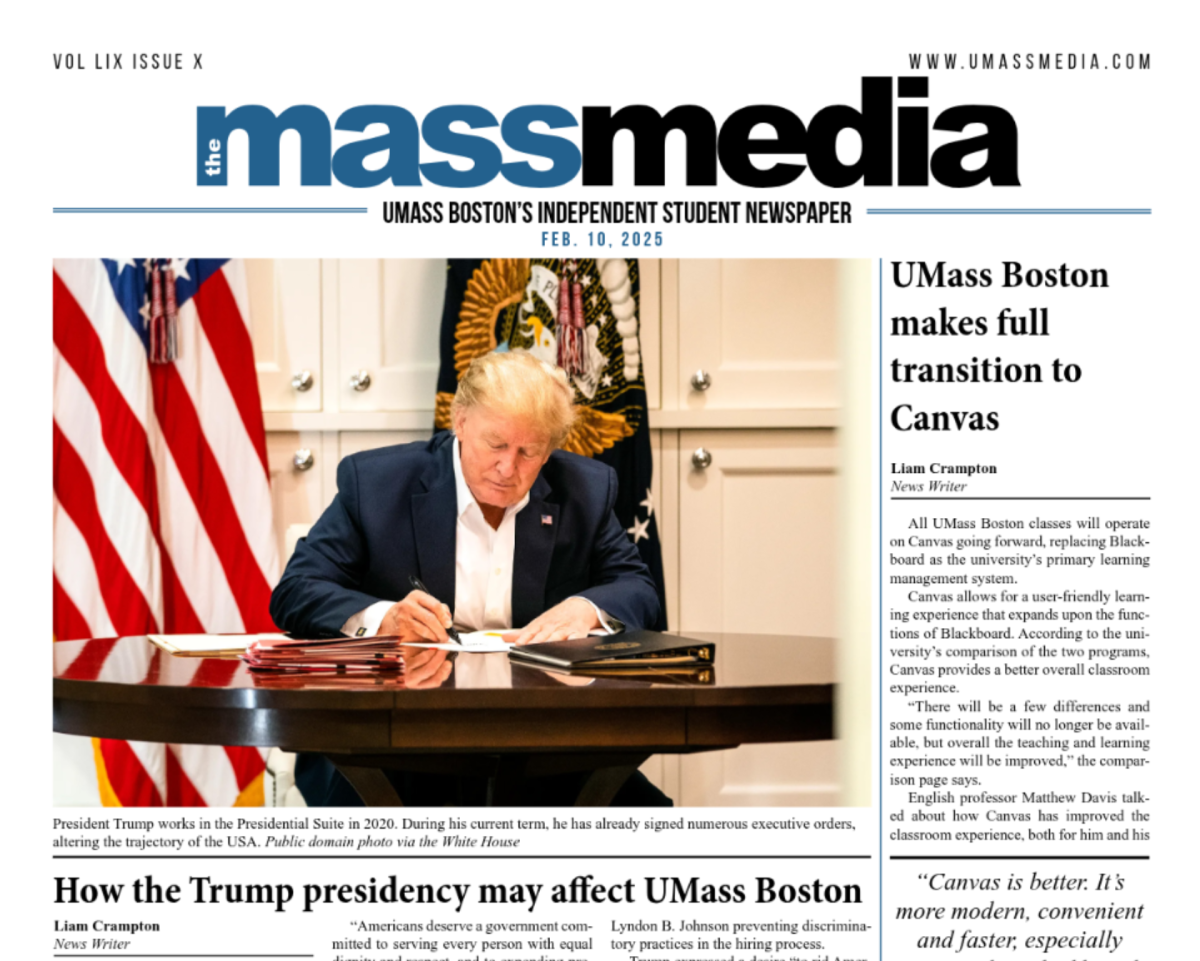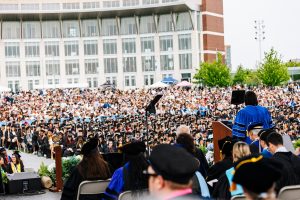Motley Settles In To Interim
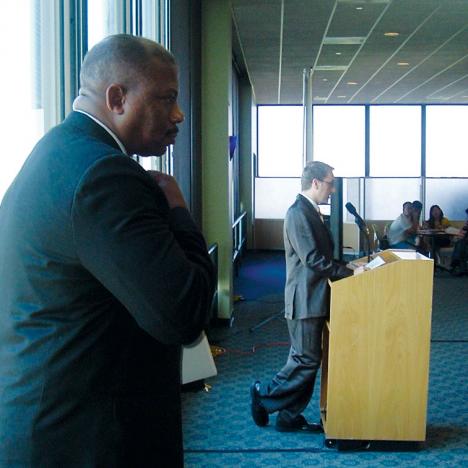
Interim Chancellor Keith Motley, about to address international students at their orientation.
September 9, 2004
Keith Motley still plays basketball, six years after leaving the bench at Northeastern University.
The former Northeastern associate head coach and dean of student services manages to make time in his busy days to shoot hoops, an easy prospect for someone over six feet tall.
“I’ve been playing games and sports and things like that all my life,” said Motley. “So some people need to have a cup of tea or some coffee in order to energize themselves or they get a headache or something. Well, I need to have exercise. I need to get a basketball, do some martial arts, or run, or even sometimes, when I have limited time, I ride a bike.”
Giving him a chance to regroup his thoughts, the exercise also breaks up the middle of the day, especially the days that run from 8:00 a.m. to 8:00 p.m.
“It’s my only request in my schedule for the day,” he said, adding that otherwise he lets the schedule flow the way that it flows. The schedule may currently resemble something close to a logjam, since Motley was installed as interim chancellor in July. Since then he has been meeting with students, staff, faculty, and community groups, as well as others.
Motley says he has received some 2,000 pieces of mail, with people writing to congratulate him on his new-albeit currently temporary-position, wishing him good luck, telling him what it means to them, and of, course, solutions on how to fix everything.
“One of the things I found, just like when you’re an athletics coach, everyone thinks they can do your job, so they tell you how to do it,” he said. “Being a college chancellor or president, everyone tells you how to do your job, ’cause everybody thinks they can do it. And it’s okay. I’ll take advice from anywhere I can get it.”
They give him advice, and not just in the office-while walking around campus, talking with students, coming off the train, in Filene’s Basement, and at the barbershop- all hold court with Chancellor Motley.
“The common denominator is that everybody knows the potential of UMass Boston,” he said. “We have this beautiful campus no one knows about. We’re out here where no one can bother us. We can just do our thing. And when we want to come out of our hiding place, we can let the world know. I think we’ve been hiding the things that are quality about this place for too long, and my plan is to get the word out so that doesn’t happen again.”
His convocation address on September 15, sure to be watched by both campus insiders and out, is expected to focus on such issues, as well as include several of the things he says he believes in and implemented while head of Student Affairs: leading by example, owning the process that he come up with, and building positive relationships with people.
Building relationships will come in handy with some faculty who, hoping for UMass President Jack Wilson to appoint someone from the academic affairs side of things, are unfamiliar with Motley.
“I’m very open to people. I walk around this campus, I meet them. I’d probably be concerned about me, too,” Motley admitted. “Because if I don’t know someone, I would probably try to figure out who that person was. However, those who want to know me have called me and we’ve had meetings. I’ve been meeting all over this campus.”
Motley noted that when he first came to Student Affairs, people were unfamiliar with him then, too. Some were even concerned with the fact that Motley had spent his academic and professional career entirely at Northeastern. Those concerns seemed to be chased away as Motley became one of the more visible and popular administration officials on campus, rebuilding Student Affairs. Beyond starting a student think tank and working on Fest-Of-Us and an opening week celebration for the Campus Center, Motley also chairs the Urban Mission Committee, set up by previous chancellor Jo Ann Gora, after the urban mission and its definition became a source of heated discussion on campus. The committee soon started to snowball, gathering faculty and administrators.
“I’m thinking I’m sitting in this row because a whole lot of faculty, students and administrators got to know me better,” Motley said. For those who would have preferred someone from an academic affairs, Motley sad, “I’ve always focused on academic affairs.”
He said he built institutions from the ground up, chaired academic affairs committees for four-year colleges, and the chair of an area-college’s board of trustees. “I happen to have a student affairs background,” he said. “I have an academic affairs background, I just don’t flaunt it.”
Despite his appointment and schedule, Motley opted to stay on as head of the Urban Mission Committee, to the surprise of some of its members. “My job is to keep it on point,” he said, calling it a “major responsibility,” with the urban mission being a “major focus” of the university.
“If I really believe that our urban mission is not limited to what some people believe it is, which is just one aspect of it, that is, all the dimensions of this institution, then why shouldn’t I as chancellor sit there and lead and allow this committee to move in the way it wants to,” he said.
Anyone can sit at the head of its table, he said. “However, I understand that they also recognize the skill set that I have, that will allow me to lead this committee to a level of success.”
But the group can, if needed, run in his absence. “Everything should be set up so that it can move without you, so that it can live without you,” he said. “This is why it was so easy to walk away from Student Affairs for a minute, because I knew I had a strong senior leadership team in place that could step up and keep this vision that I had started moving in the right direction.”
Plans are for Motley to keep in touch with students through chancellor’s luncheons, started by Gora, who left to become president of Ball State University in August. Motley will also retain control of the student think tank. He said he’ll be at games, events, walking through the Campus Center, having meetings with student centers there. “I’m still going to maintain some kind of office-presence-in this building,” he said. “It won’t be that corner office, but it will be something that allows me to work in that building.”


